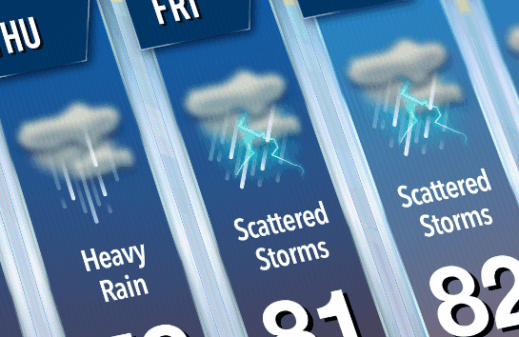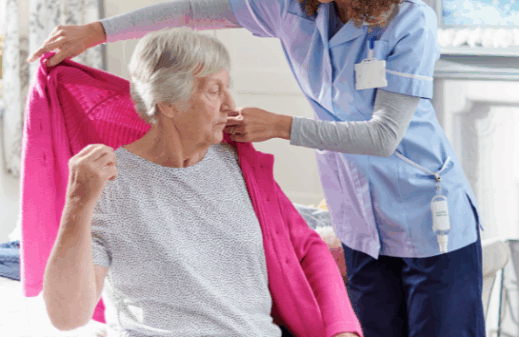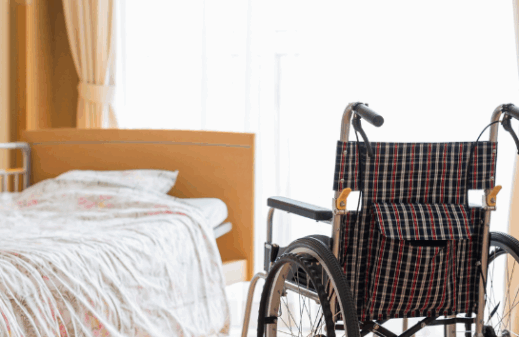Music is an activity that uses the entire brain; waltzing in to delight the soul and stimulate the mind. Music has the key to enjoyment that helps the elderly mentally and physically putting it at the top of the list of activities for residents in residential homes.
Music Impacts the Elderly Mentally:
• Eases anxiety and depression:
Incorporating a little Mozart or bluegrass into the daily activities for residents can drive the mental clouds of depression and anxiety away. Modern research confirms that music has psychotherapeutic benefits.
• Recovers memories from the past:
Research in residential homes has found that the elderly suffering from memory loss were able to retrieve some of these memories through musical activities for residents.
• Non-communicative residents join in:
Over and over research has found that elderly wall-flowers will join in when music is present. They will sing the lyrics to the musical performances with smiles upon their faces. And some have been known to dance a little jig which improves circulation and mobility.
• Improves awareness and concentration:
As complacency and boredom become part of daily life, seniors’ will shut down emotionally. It has been proven that music is the song that stimulates their mind making them aware of the enjoyment of life. The rhythm and lyrics can bring concentration as they attempt to connect the “now” feelings with memories of the past.
Music Impacts the Elderly Physically:
• Pain relief & Well being:
The enjoyment of music can bring pain relief by releasing endorphins, or natural pain killers in the body. Music related activities for residents provides enjoyment and gives social connection.
• Lower blood pressure & Improves headaches:
The practice of listening to relaxing music in the morning and evening on a daily basis has been found to lower blood pressure and keep it lowered. Music can reduce the intensity and frequency of migraine and chronic headache sufferers.
• Reduces illness:
Certain music helps reduce muscle tension which promotes relaxation. Music pieces with strong rhythm patterns can affect the heart and breathing. Singing and listening to music can create an emotional experience that enables secretion of immune-boosting hormones and a decrease in the stress-related hormone cortisol.
All of these conditions can boost immune function, therefore, contributes to a reduction in the risk for illness. Residents making music is a sweet song of life well lived.



